6 Tips to Succeed in Chinese Mobile Game Market
Update: Check out our new Ultimate Guide to Chinese Game and App Publishers for more insights.

How to Crack China like Clash of Clans
They look like cartoon characters and are known for invading each other’s communities, but the warriors in Clash of Clans have conquered another realm in the last couple years: China. Arriving two years ago, Clash of Clans quickly became one of China’s top 10 grossing mobile games. The Finnish game has remained a bestseller despite challenges from Chinese and foreign competitors.
How did Clash of Clans do it? Partly, they have a great game. But partly, they knew how to localize their app to the Chinese mobile game market. And, as Clash of Clans illustrates, the rewards can be enormous. One quarter of all internet users live in China, and the mobile-game market there is exploding, with revenue expected to climb to $2.9 billion this year, a staggering 93% increase from 2013.
Localizing a mobile game isn’t hard, but you need to know what you’re doing. In this post, we’ll share six key insights about game localization in China.
1. Keep it Small
Compared to other markets, Chinese users tend to prefer bite-size mobile games, and they play shorter time sessions than gamers in other countries. Puzzles and casual games are the most popular downloads in China, while racing games and RPGs come in close behind. (Sports-related games, in particular, lag way behind other genres).

Source: Statistica
If you look at the top 20 Android games in China in Oct 2014, you can see most of the games are small causal games. The top game on the list, GunZ Dash, is a causal racing game that you can “tap the character to slide and jump through barricades”. The game’s one-to-three minute game session fits many Chinese gamers’ appetite well. Similar examples can be found in PopStar (a puzzle game) and Fight The Landlord (a card game).
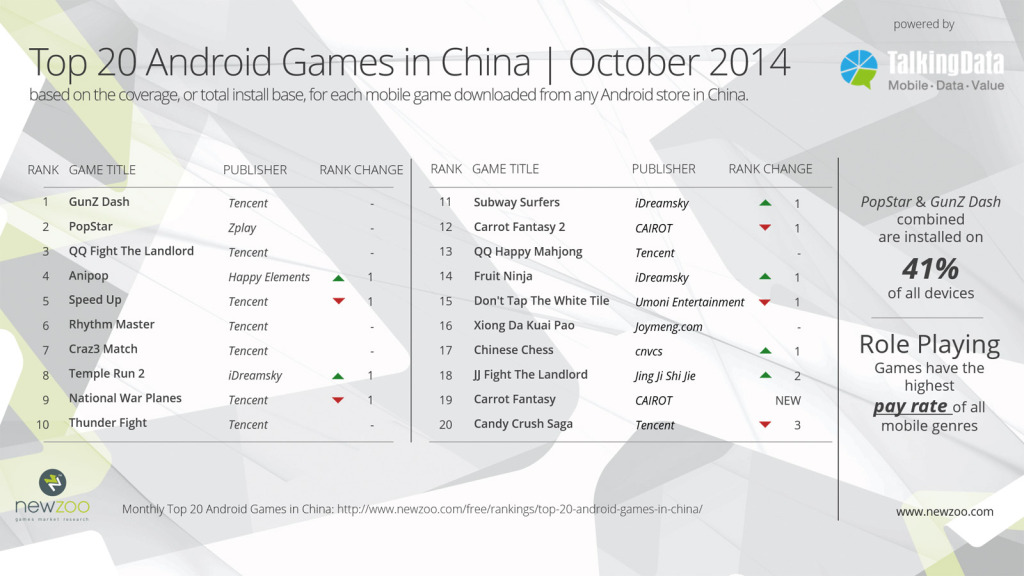
Top 20 Android Games in China, October 2014 (Source: Newzoo)
Keep in mind that data plans are very expensive for many Chinese users. And gamers are often using older smartphones. As a result, there’s less of a market in China for games that require a big chunk of data. So, keep the data traffic of your app as lean as possible.
2. Make it Easy to Customize
Good news: Chinese gamers make a lot of in-app purchases–more than gamers in any other market. According to the independent market research firm Niko Partners, a full 38% of Chinese mobile gamers will spend some money inside a game in 2014.
What are they buying? Above all, tools that let them customize their gaming experience. Personalized characters with unique outfits are especially popular in China. So, the more opportunities you can give Chinese users to customize their games, the better.
GunZ Dash, for example, offers a lot of personalization items. Players can purchase a wide range of characters, pets and items. These are great monetization opportunities to let players roll in their cash.
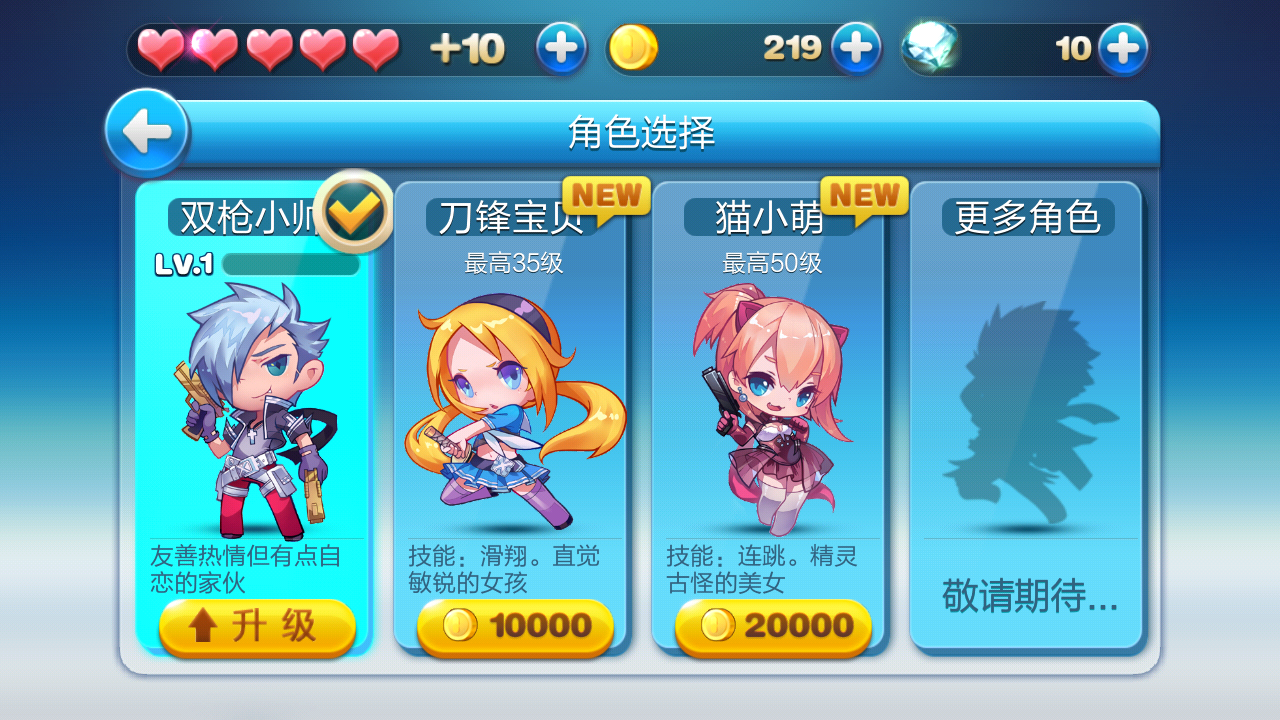
Personalized characters of GunZ Dash
3. Be Aware of the App Marketplace
Chinese users can choose among hundreds of app stores. It’s not just iTunes and Google Play.
For Android games alone, there are more than 300 app stores available to mobile users. Among those, Google Play can be a tricky option, because it does not support in-app purchases in China (which are particularly important!). So partnership with third party app store in China is better for app monetization.
According to TalkingData, the top 3 Chinese Android app stores in Q3 2014 are 360 Mobile Assistant (market coverage: 26%), Myapp (Tencent) (24%) and Baidu Mobile Assistant (20%).
360 Mobile Assistant (360手机助手)
360 Mobile Assistant is developed by Qihoo (NYSE: QIHU), and it now has over 400 milion users. It’s available as a mobile app for Android and as a web app. You may apply for distribution via this link.
Myapp (应用宝)
Myapp is developed by Tencent (HKG:0700), the Internet company that owns the popular messaging app WeChat. It now sees a cumulative 64 million daily app downloads, which has quadrupled in the past year. You may inquire about co-distribution opportunities via IED_BD@tencent.com.
Baidu Mobile Assistant (百度手机助手)
It is developed by Baidu (NASDAQ:BIDU), China’s top search engine. In addition to mobile distribution channel, they also offer a range of app dev tools such as mobile test center. You may check more information from their developer site or email them via dev_support@baidu.com.
You may view this blog post for more Chinese app store options.
4. Find a Branded Publisher
Brand recognition matters, and more than 80% of players in China buy their games from familiar brands according to Google. If you want to localize your game to the Chinese market, a partnership with a top gaming brand — such as iDreamSky — can be a great way to get started. Their game publishing solution includes optimizing third-party games and delivering them to users through its proprietary distribution channels, in-game cross promotion, payment operators in China.

Source: Tech in Asia
5. Make It Social, in a Chinese-Friendly Way
Chat apps in China are huge, and so is social media. But know the Chinese media landscape: Facebook? Twitter? They’re banned. WeChat and Weibo? Together, they have 438 million active monthly users.
If you want your game to take off in China, you’ll need a way for users to connect with other fansof your game. The more you can integrate chat-apps and other social features into your mobile game, the better. Fruit Ninja, partnering with iDreamSky, integrates with WeChat in their localized version. Players are able to connect the game with their WeChat account, and take part in a centralized competition system based around their WeChat buddies.
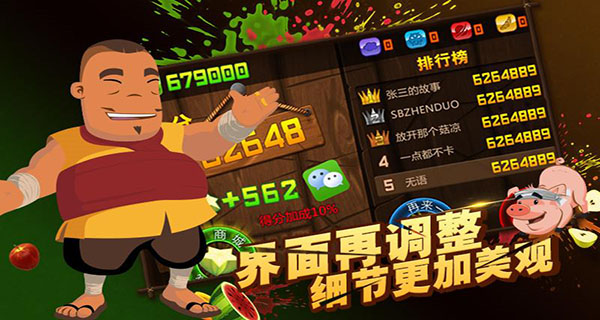
Localized Fruit Ninja integrates with WeChat in China (Source: iDreamSky)
6. Translate, Translate, Translate
Outside of large coastal cities, few people in China are proficient in English. So it’s essential to get your game translated into Chinese. And don’t just run your text through Google Translate! Bringing an app into a new language can be a delicate process, and it’s essential to have quality translators. If you’re looking for more guidance, check out our post on getting started with mobile game localization.
Some tips of translating into Chinese:
Most Chinese sentences are short strings of square-shaped characters.
As a result, Chinese sentences occupy screen-space very differently from text in other languages. You’ll need to make sure that your interface can accommodate that change.
Plain style doesn’t work in Chinese
English writing prefers plain style, but it doesn’t work in Chinese. Chinese writing prefers more elaborated forms of expression. Idiom and some formulaic expressions (as referred as 套語 in Chinese) are welcome. You may need to instruct your translators explicitly, as well as provide more contexts for the original text.
Use internet slangs more often in games
Gamers love internet slangs. It’s a universal truth, and it applies to China as well. If your game’s style is compatiable with the use of internt slang, let your translators use the slangs from Baidu Tieba (that is Reddit-like forum in China).
Don’t literally translate the names of charactesr
Localizing names is a common challenge in English-to-Chinese translation. Casual translation will lead to poor results.
You may translate the names based on their meaning or pronounciation. If you opt for the latter, ask your translators to use the characters that express similar meanings. For instance, if the name contains a “ku” sound, use the character “古” (literally meaning old) if the name refers to an ancient guy while use “酷” (meaning cool) for modern one.
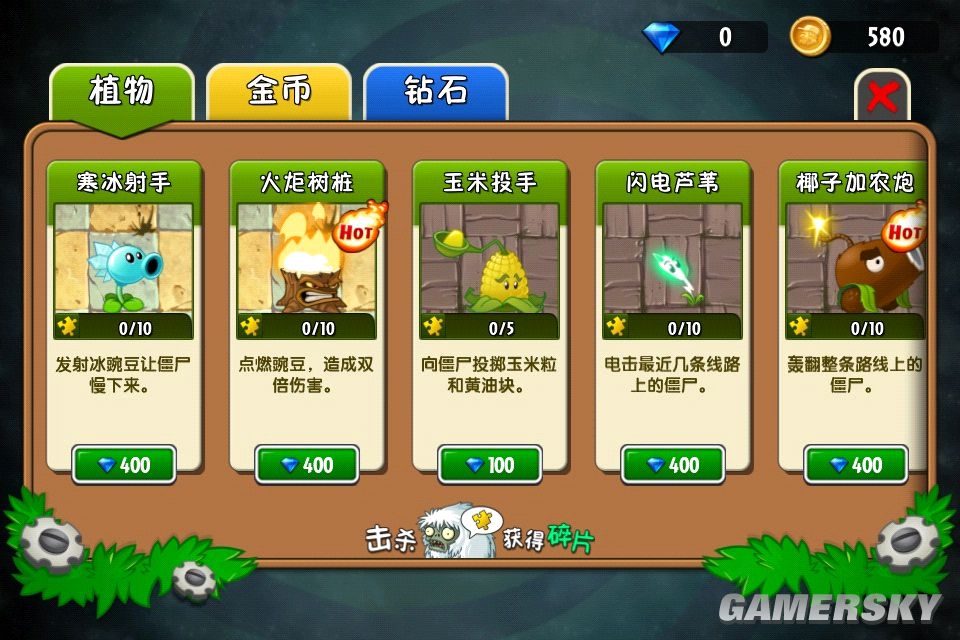
Screenshot of Plant vs. Zombies 2’s Chinese localization (Source: GamerSky)
Wrapping up
China is one of the world’s fastest growing markets for mobile games. With some partnerships, market knowledge, and localization savvy, it’s not hard to bring your game to the world’s largest country.
Have you already localized a game to the Chinese market? Do you need more resources about game localization? Get our new ebook “The Beginners’ Guide to Mobile Game Localization” for free.
[contact-form-7 id=”1272″ title=”blog post cta: mobile game localization (with image)”]
//


 Written by -
Written by - 



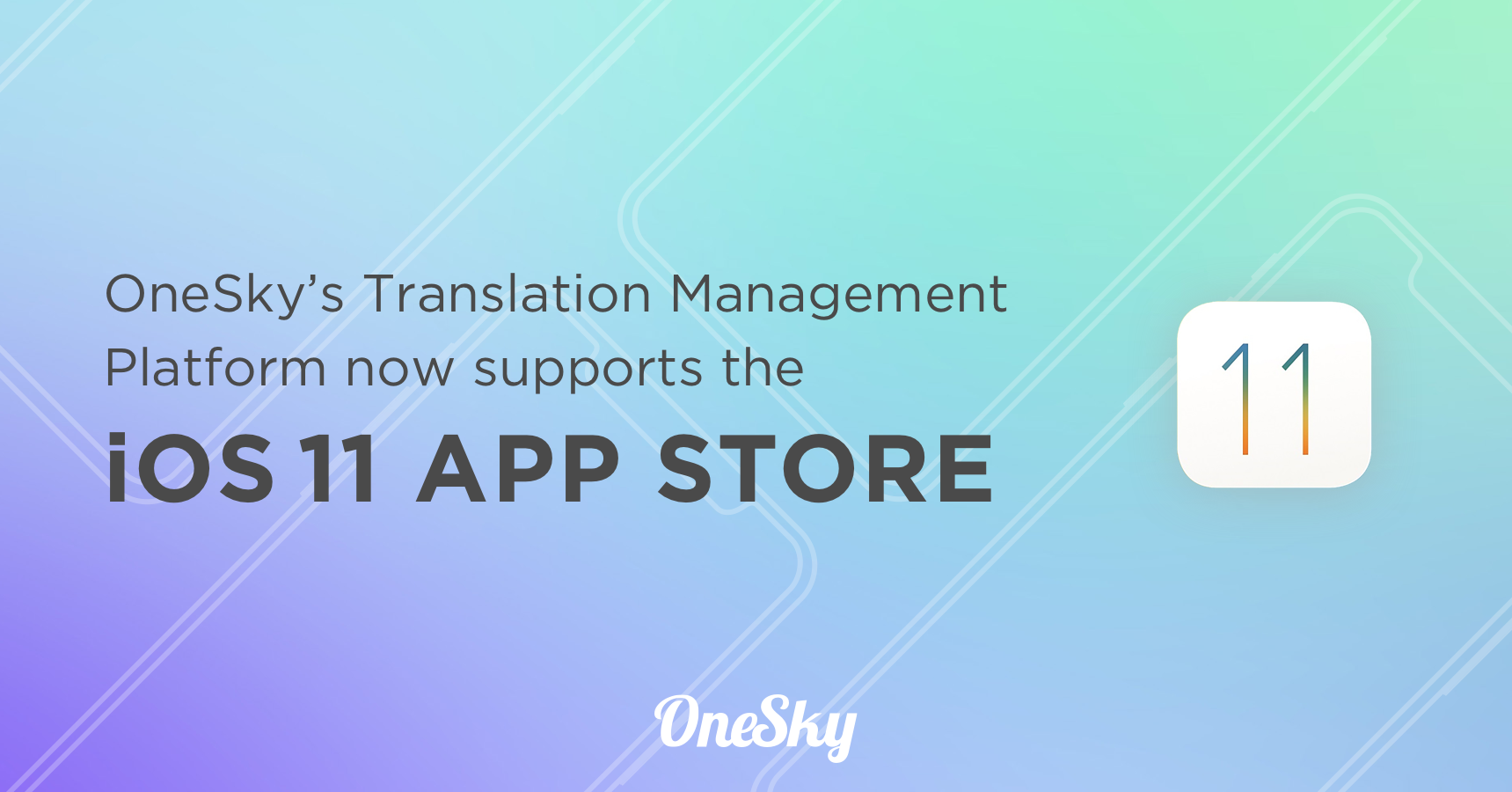
 Written by
Written by 
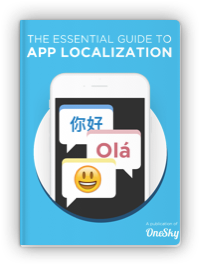
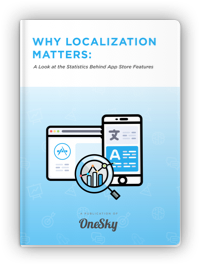
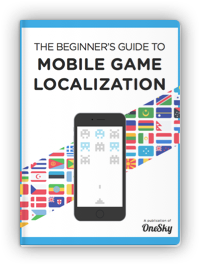
I love it! Excellent article. You touched on a topical issue. I would appreciate if you’d written about how to fill a form online. I mostly use
to edit my PDFs. I think it also allows you to to create fillable pdfs and esign them.
I love it! Excellent article
Every recent Clash of Clans update in one handy guide. November 9, 2020: Support for below iOS 10 and Android 4.4 is ending in the next update.
https://www.smartstrategygames.com/clash-of-clans-december-2020-update/
An African chic jewellery collection designed for woman who are passionate about Africa. Both elegant and fun yet super versatile for a night out in the city or an evening around the campfire. With Memories in a box, never forget the experience.
https://africanmemoriesinabox.com/